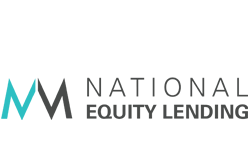Getting approved for a mortgage as a self-employed individual has gotten significantly harder over the past few years. This is specifically true if you have a lot of write-offs against your income. However our mortgage solutions are equity based and do not require proof of income or good credit.
The guidelines for this program are simple. The qualification for this type of mortgage is based on property and down-payment. In most cases there is no income documentation required.
- 25% down-payment
- No Income verification
- Credit is not a concern
As you can our self-employed mortgage solution is simple and offers hassle free approvals. If you have a question or a unique situation, give a call today 1-855-881-1010 and we will be happy to assist you and getting you Approved.
